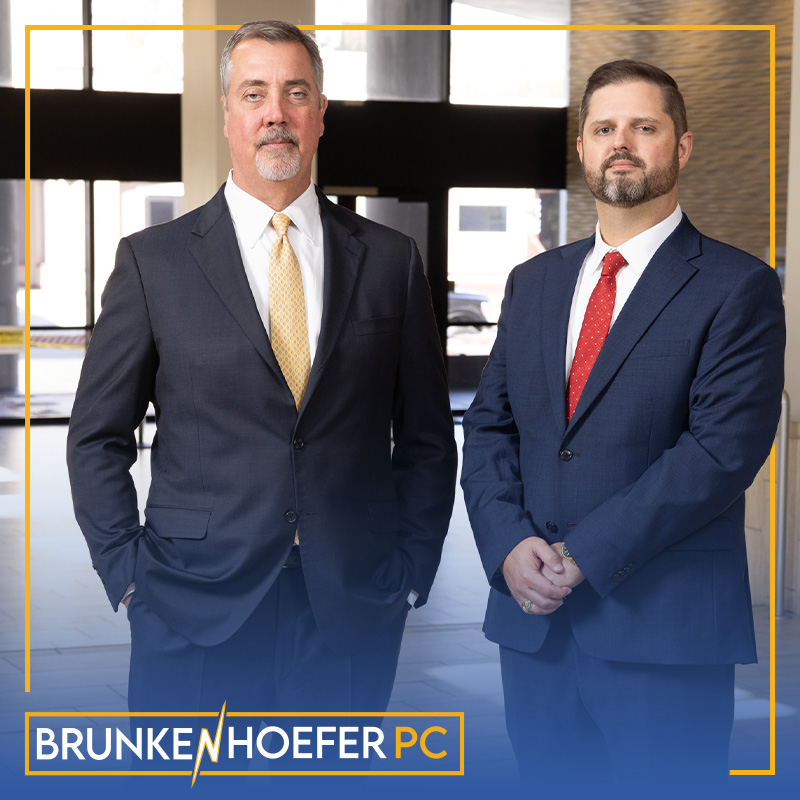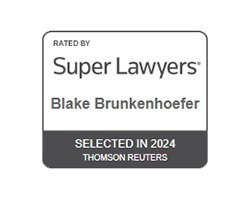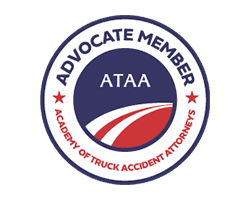
Distracted Driving / Texting While Driving
Distracted Driving/Texting While Driving Statistics
Distracted driving is when a driver participates in any activity that takes their attention away from the road and causes them to lose focus on driving. These activities may include eating, putting on makeup, fixing one’s hair, attending to other passengers, listening to music or podcasts, adjusting the radio, talking on the phone, or texting. Texting, of course, is the newest threat to drivers and pedestrians, only appearing as a problem to road safety within the last twenty years or so.
Texting while driving disproportionately affects younger drivers who often feel more comfortable using their phones. The National Highway Traffic Safety Administration, or NHTSA, found that handheld cell phone use was highest among 16- to 24-year-old drivers and lowest among drivers older than 70. Of course, anyone and everyone is put in danger by distracted driving. Even the most tech-savvy person cannot pay full attention to the road while looking at their phone screen for even a few seconds. In the time it takes to glance down at a phone, a car can travel the length of a football field if it is moving at highway speeds.
According to the National Highway Traffic Safety Administration, in 2017, 8% of people who were killed in crashes involving teenagers aged 15-19 died because of distracted driving. Of these fatalities, around half–52%–were teens themselves.
The NHTSA also reports that 10% of all fatal car accidents have been due to distracted drivers over the last six years. Considering the number of fatal car accidents each year and the number of reasons a car accident could take place, this percentage points to a very high number of deaths.
The number of people who have been hurt or killed due to distracted driving over the last few years is significant. The NHTSA reports that 20,000 people have been killed in distracted driving accidents between 2012 and 2017.
Are Public Safety Awareness Campaigns Working?
The good news is that movements to create awareness for the dangers of distracted driving–specifically texting while driving–might be working. The NHTSA recorded a staggering 9% fatality decrease from distracted driving accidents between 2016 and 2017. Texas’ statistics followed a similar pattern. According to the Texas Department of Transportation, in 2017, 449 people were killed in crashes involving distracted driving in Texas. This number is a 2% decrease from 2016.
Teen-specific fatal crashes have also shown a decrease over time. In 2010, 403 people died on the road because of distracted teen drivers in the United States. In 2017, that number had dropped by over 100 people to reach 297. Some of this may also have to do with the fact that the youngest millennials aged out of the teenage bracket during this time and were replaced by Generation Z, who grew up with more knowledge of the dangers of texting and driving. In fact, a multitude of reasons has recently begun to make the statistics surrounding distracted driving more encouraging. Because people use their phones in the car so often for navigation and listening to music or podcasts, mounted device-holders have become popular. These types of innovations make navigation safer and easier for people who might have previously held their phone in their hand while they drove. It is still dangerous to look at your phone for any period of time while driving, but it is much better to glance at a screen on your dashboard than to hold it in your hand, looking up and down between it and the road. Even safer is enabling your navigation system to talk to you over a speaker.

Frequently Asked questions
-
What information should I gather after an accident?After a car accident, it is important to exchange contact and insurance information with the other drivers. You should also be sure to take down license plate numbers, driver’s license and ID numbers, and the information of any passengers involved. If there were witnesses to the accident, try to record their statements and collect their information as well. If you have a camera available, take pictures and video of the accident as well as the surrounding area. The information you record during this time will help your claim in court. It is virtually impossible to take down too much data.
-
I was in a minor accident. Do I still need to call the police?Yes. Calling the police is a critical step in any accident, even if the damage is minor and no injuries occurred. The time directly after an accident is perhaps the most important period for collecting information and evidence about your accident. The police will take your statement and file an official report which you can later use in court to support your claim. Be sure to take down the officer’s contact information as well as the incident report number.
-
How long does the personal injury claim process take?Although this is one of the most commonly asked questions, there is no simple answer. Car accident claims can be enormously complex and every accident will have unique factors. It is possible to settle some claims in a matter of weeks, while other cases can take years. The length of a claim can be influenced by several factors including if a serious injury occurred (and how severe), as well as if the case goes to trial.
-
My insurance company has offered me a settlement. Should I take it?It can be difficult for the average person to estimate what a fair settlement will look like and in most situations, the initial offers presented by insurance companies will have room for negotiation. You are not required to accept a settlement, especially when you feel as if it is not fair compensation. An attorney can consult with you to determine if an offer is fair and help you to negotiate a higher claim.
-
The other driver’s insurance company has contacted me. Should I talk to them?No. While it is important to remain polite, you are well within your rights in refusing to talk to the insurance company representing the other driver. They will not have your best interest in mind and may use the information you give them to hurt your claim. If you are contacted by another insurance agency, or they present you with a settlement, contact the lawyers at our firm immediately. We will help to protect your interests to ensure you receive fair compensation.
-
I was partially responsible for an accident. Can I still collect compensation for my injuries?Unless you were entirely responsible for an accident, such as in the case of driving while drunk, you may still be able to collect restitution for damages. Texas law follows the rule of comparative negligence, sometimes called proportionate responsibility, which states that fault for an accident can be shared by multiple parties. The monetary compensation awarded to each driver will be adjusted by the percentage that they are determined to be responsible.
-
What if the other motorist is an uninsured driver?The reality is that not all drivers on the road are legally insured and if you have been hit by a driver who does not possess liability insurance, collecting restitution can be difficult. If your insurance provides coverage for uninsured motorists, you may be able to collect damages from your insurance. If you do not have this coverage, it is still possible to seek compensation through a personal injury claim.
-
Do I need a lawyer?While you are not required to hire an attorney for a personal injury car accident claim, it often makes sense to do so. While the average person may only experience a car accident a few times in their life, our attorney is involved in personal injury cases on a daily basis. A good lawyer will be intimately familiar with the laws surrounding personal injury and car accident claims and can assist you in negotiating settlements, disputing unfair treatment, and ensuring your interests are protected.

Why choose our firm our unique approach sets us apart from other firms

-
Trial-Tested & ReadyWe prepare every case as if it's going to trial.
-
Accessibility RedefinedWe believe in open communication and responsiveness. You can contact your attorney 24/7.
-
Client-Centered ApproachYour needs and well-being are at the forefront of everything we do.
-
Embracing TechnologyWe leverage technology to enhance your experience.
-
Champions of Diversity in South TexasWe are committed to advocating for all individuals, regardless of their background.
















